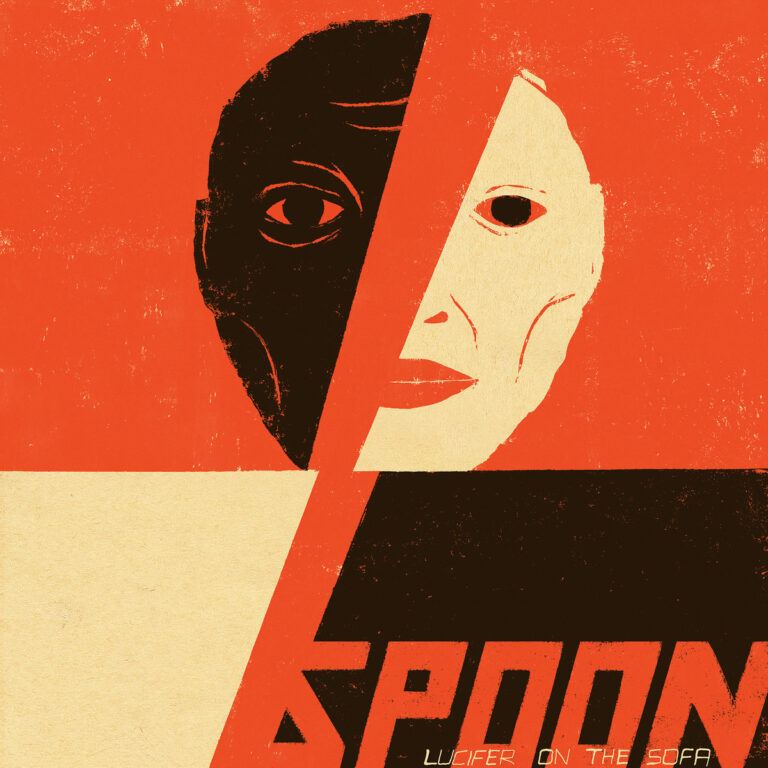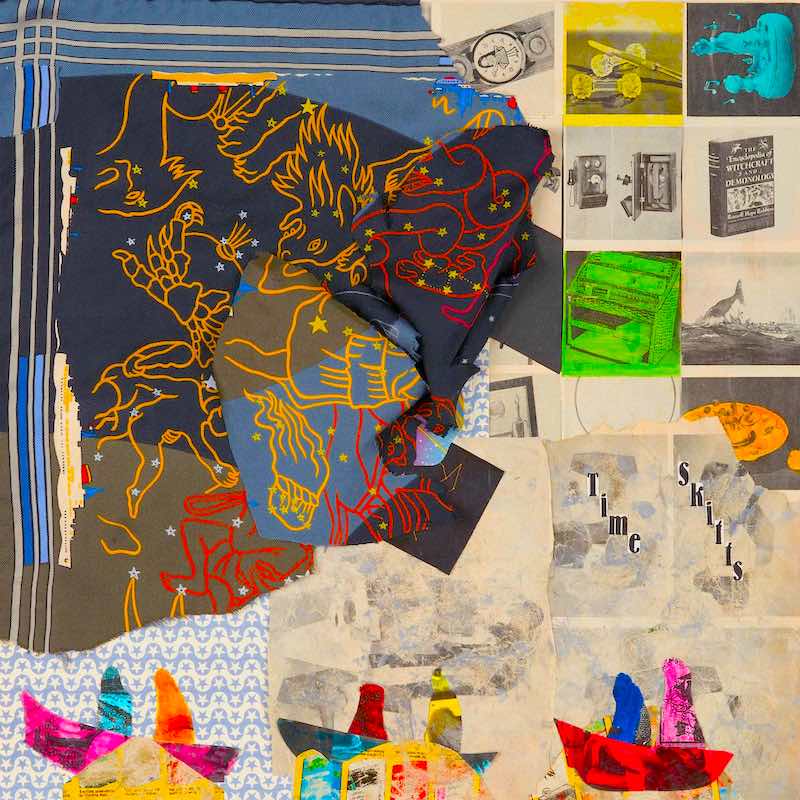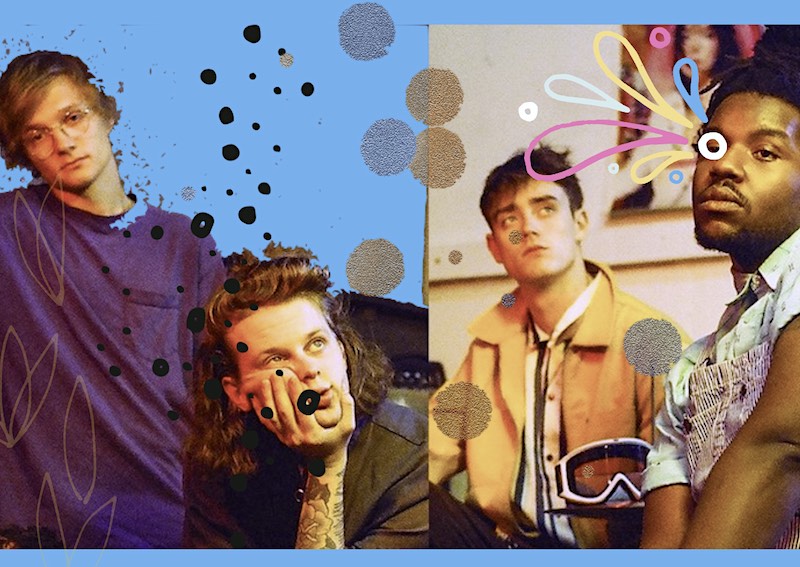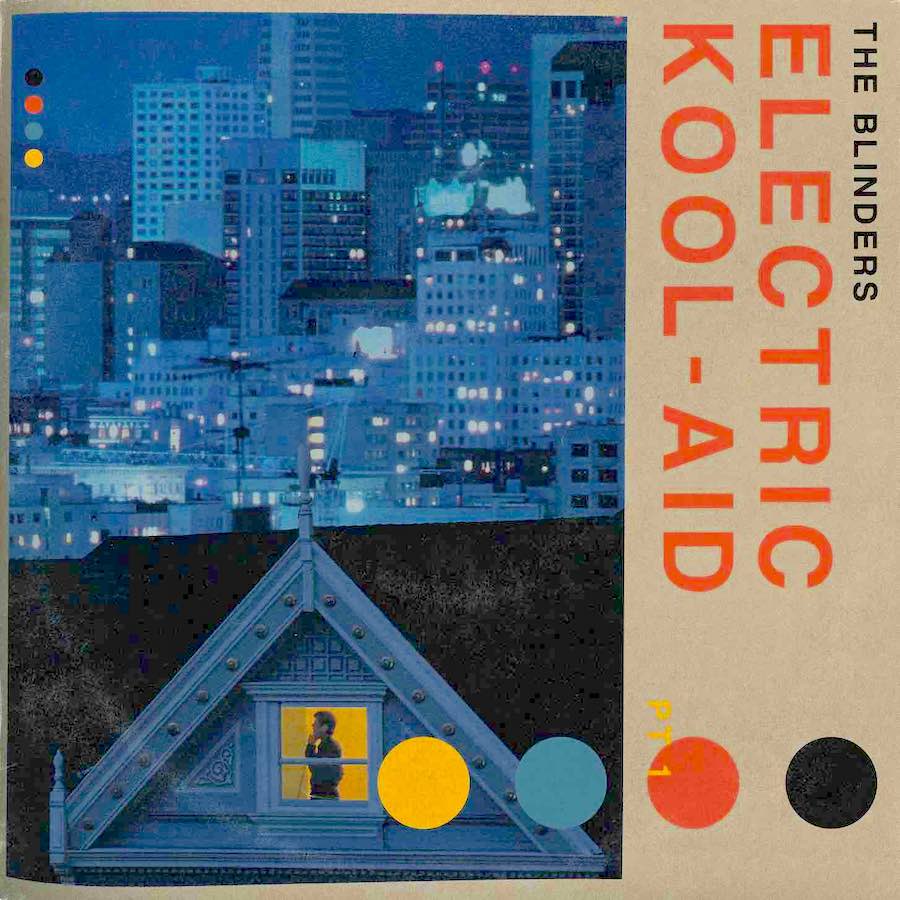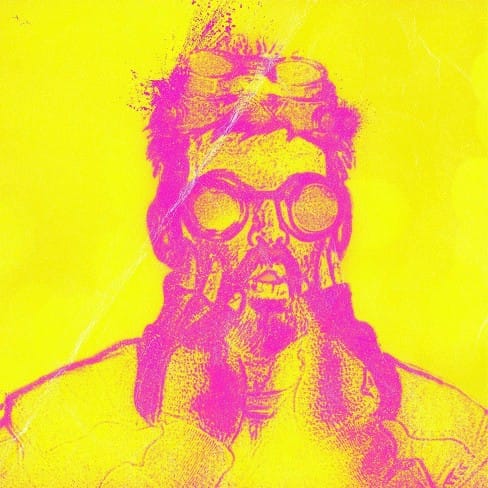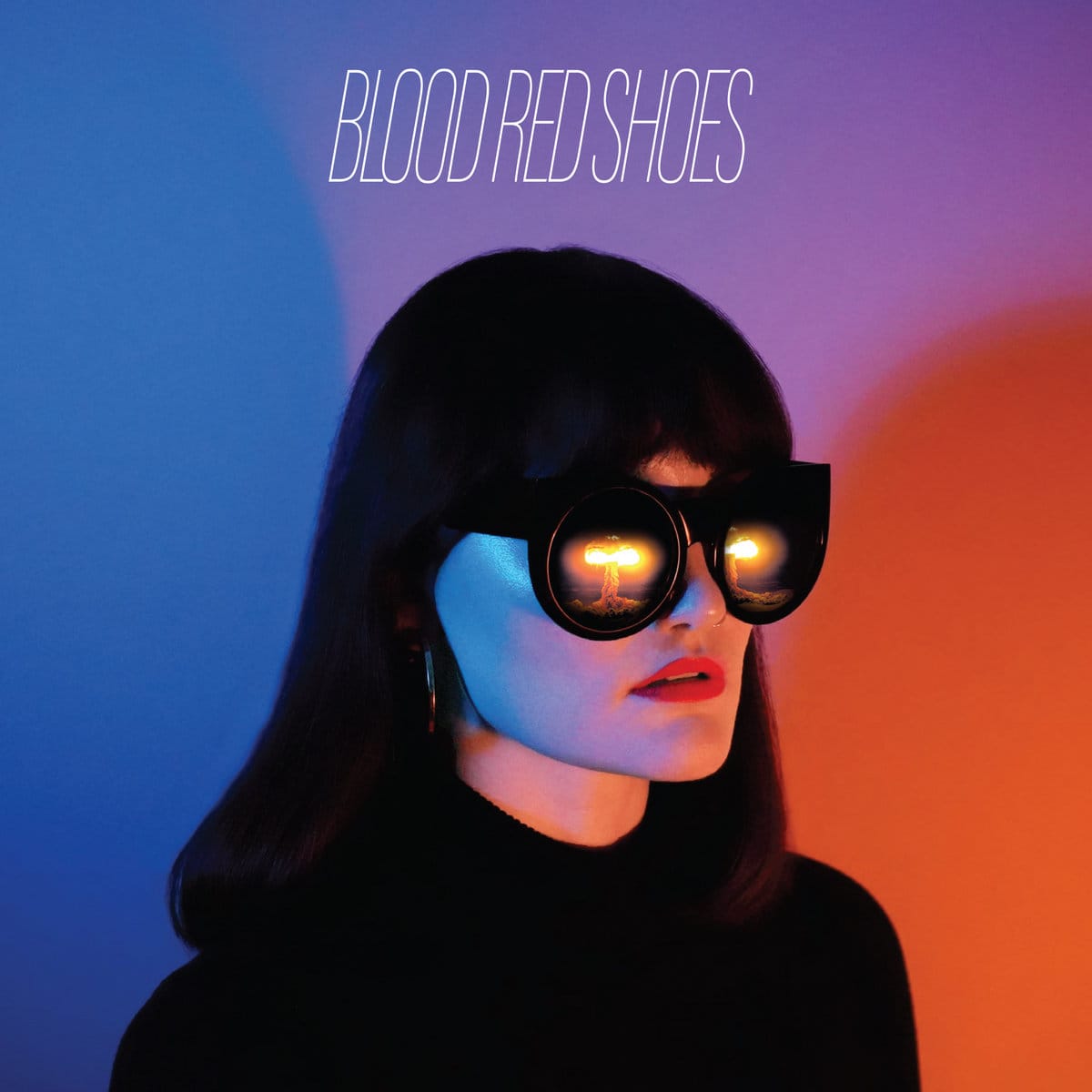In considering the 10th studio album by Spoon, we take a moment to appreciate what kind of an underappreciated milestone…
Category: Album Review
Album Review: Animal Collective – ‘Time Skiffs’
Let’s be real with each other… Even the most dedicated Animal Collective followers can’t hide that the critical tide had…
Album Review: Beach House – ‘Once Twice Melody’
When twinkling synths usher the listener into Once Twice Melody—both the opening track and the album of the same name—it…
Album Review: Black Country, New Road – ‘Ants From Up There’
They may sound like one of those shit southern dad rock bands, but don’t let the name Black Country, New…
Album Review: Hippo Campus – ‘LP3’
It’s funny – and alarming – how quickly trends are changing in music these days. The jaunty indie pop of…
Album Review: Yard Act – ‘The Overload’
Leeds bunch Yard Act felt like one to watch the second they burst through in 2020 with “The Trapper’s Pelts”’,…
Album Review: The Blinders’ ‘Electric Kool-Aid (Part I)’
by Katie Macbeth Following on from their sophomore album Fantasies Of A Stay At Home Psychopath, Manchester rockers The Blinders…
Album Review: Eels – ‘Extreme Witchcraft’
We aren’t going to bore you with a long, drawn-out chunk of this review dedicated to the fact that the…
Album Review: Pedro The Lion – ‘Havasu’
David Bazan ended Phoenix, his 2019 album as Pedro the Lion, with a big question mark. The album was a…
Album Review: Blood Red Shoes – ‘Ghosts On Tape’
Blood red is the new black. Like a reconnaissance of caves, each darker than the last, Blood Red Shoes’ discography is an…
Album Review: The Wombats – ‘Fix Yourself, Not the World’
As an ex 2013 Tumblr teenager, The Wombats’ fifth studio album, Fix Yourself, Not the World, released on January 7th 14th,…
Album Review: Samia’s EP ‘Scout’
via Flood Magazine On Samia’s new four-song EP Scout, the singer-songwriter explores and expands upon all of the love in…
